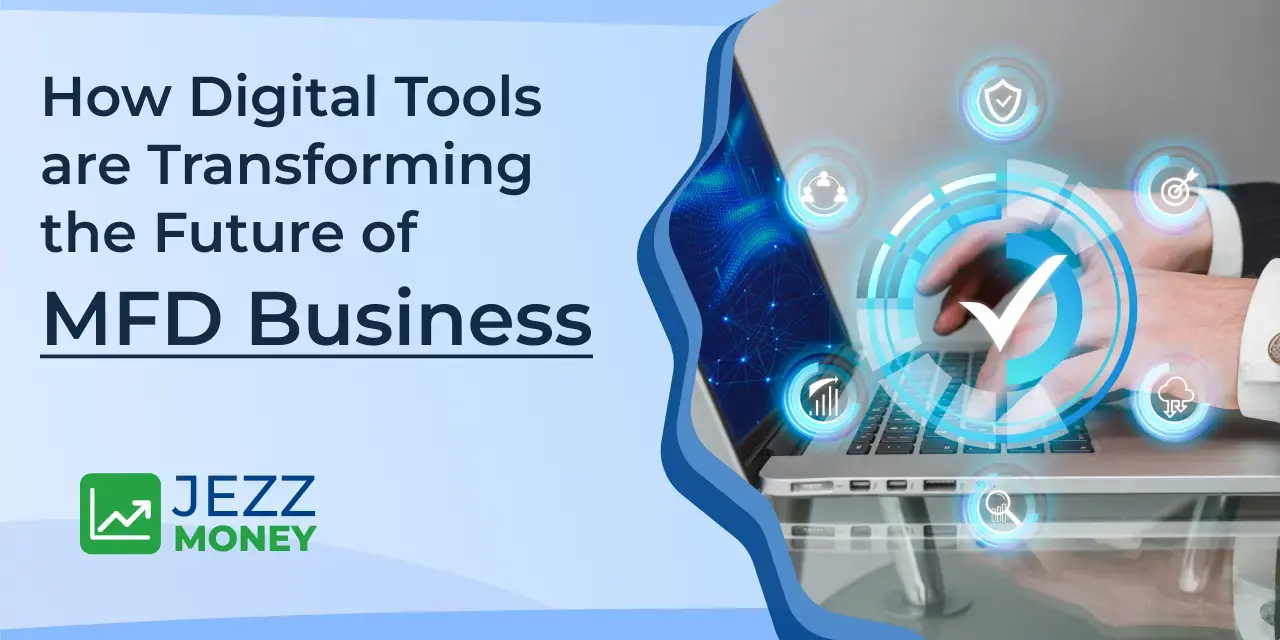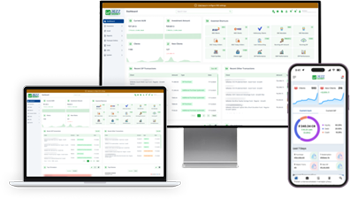The mutual fund distribution space is no longer limited to traditional advisory and paperwork-driven operations. The rapid growth of financial technology, commonly referred to as fintech, is transforming the way Mutual Fund Distributors (MFDs) manage their businesses, interact with clients, and deliver investment services. What was once a largely manual profession is now evolving into a tech-enabled, data-driven business model.
How Fintech is Reshaping Wealth Management
Fintech has brought a wave of innovation to the wealth management industry. For MFDs, this means access to digital platforms that streamline operations, automate repetitive tasks, and enhance client servicing. From onboarding and compliance to portfolio rebalancing and performance reporting, fintech solutions for MFDs are making every step more efficient, accurate, and scalable.
MFDs were often restricted by time-consuming paperwork and one-on-one meetings. Today, technology enables them to offer personalized financial advice, real-time data insights, and seamless communication—all from a mobile device or dashboard.
The Digital Ecosystem Available to MFDs
A wide range of mutual fund distributor tools is now available, designed to meet the growing demands of modern investors. These tools cover the entire client lifecycle and include features such as:
- Digital onboarding and eKYC
- Automated investment transactions and SIP management
- Real-time portfolio tracking and analytics
- Client communication tools (email, SMS, app notifications)
- Comprehensive compliance and reporting modules
These solutions not only save time but also allow MFDs to deliver higher value to clients through insights and responsiveness.
Cloud-Based Platforms, Automation & Integration
Modern fintech platforms are built on secure, scalable cloud infrastructure. This means MFDs can access client data, investment dashboards, and business analytics at any time, from anywhere. Cloud platforms also ensure faster updates, data backups, and seamless collaboration among team members.
Automation is another game-changer. Tasks such as report generation, compliance checks, SIP tracking, and even birthday greetings to clients can be fully automated, allowing MFDs to focus more on strategic advisory and relationship building.
Many of these tools offer integration with CRMs, email marketing tools, market data feeds, and regulatory databases. This end-to-end ecosystem minimizes data duplication, enhances workflow visibility, and ensures smoother operations.

